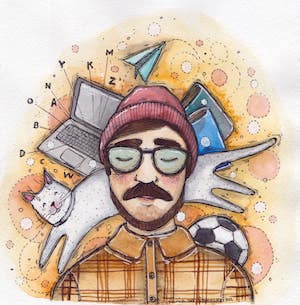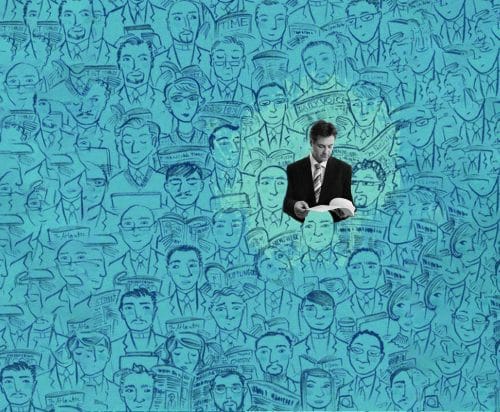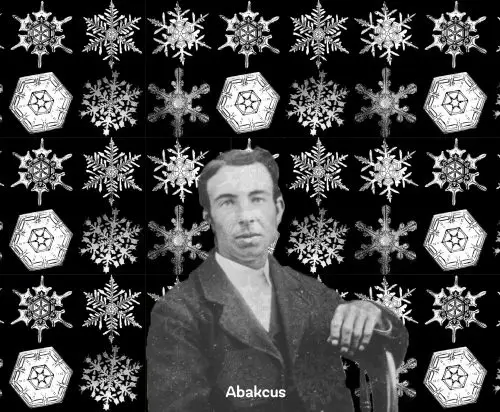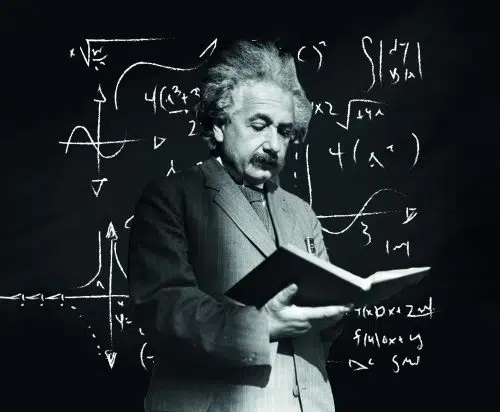More than a decade has passed since the British government issued an apology to the mathematician Alan Turing. “On behalf of . . . all those who live freely thanks to Alan’s work,” then Prime Minister Gordon Brown said, in an official statement, “we’re sorry, you deserved so much better.” The tone of pained contrition was appropriate, given Britain’s grotesquely ungracious treatment of Turing, who played a decisive role in cracking the German Enigma cipher, allowing Allied intelligence to predict where U-boats would strike and thus saving tens of thousands of lives. Unapologetic about his homosexuality, Turing had made a careless admission of an affair with a man, in the course of reporting a robbery at his home in 1952, and was arrested for an “act of gross indecency” (the same charge that had led to a jail sentence for Oscar Wilde in 1895). Turing was subsequently given a choice to serve prison time or undergo a hormone treatment meant to reverse the testosterone levels that made him desire men (so the thinking went at the time). Turing opted for the latter and, two years later, ended his life by taking a bite from an apple laced with cyanide.
His wartime code-breaking work was just one example of what made Turing one of the most influential minds of the twentieth century. In 1936, when he was twenty-three years old, he published a paper called “On Computable Numbers,” in which he attempted to tackle the problem of “decidability” in formal systems like mathematics. In it, he sketched a design for a peculiar machine, somewhere between a gramophone stylus and a typewriter carriage, that moved along a tape divided into squares. At any given time, the machine might be in one of a finite set of states that would tell it to move either right or left or to print, erase, or stop. The machine was not a piece of functioning hardware but a thought experiment meant to reveal something about the essence of computation. The really novel idea behind Turing’s imaginary machine was that it was not designed for a specific purpose but could be given instructions (“programmed”) that allowed it to simulate any other machine. Such universal computers are now called Turing machines and are the basis for all smartphones, laptops, and the Internet.
Yet Turing’s temperament was the antithesis of the stepwise, uniform procedure captured in his thought experiment. A dreamy nonconformist in the style of hyperrational eccentrics such as Lewis Carroll and Bertrand Russell, Turing operated best on the ludic frequency of games, puzzles, secret codes, and abstract formal systems like mathematics. Wholly a man of science, with nothing but scorn for any whiff of the theological, Turing nevertheless had a speculative streak, which could lead him into realms bordering on science fiction. Since boyhood, he had been keenly interested in mechanism (at eleven, he drew up the plans for a typewriter of his own design) and invented words (“quockling” is the sound seagulls make), and he developed a fondness for Edwin Tenney Brewster’s “Natural Wonders Every Child Should Know,” which suggested that human beings were just very sophisticated machines. Later, he began pursuing the idea that thinking itself could be mechanized, and, in collaboration with his Cambridge friend David Champernowne, he developed Turochamp, one of the very first computer chess programs.
A mind like Turing’s ended up being immensely valuable to Allied counterintelligence during the Second World War. When the German Enigma machine became the most powerful ciphering instrument in the world—it was believed to be impregnable—military cryptography accordingly became more mathematically complex. With the help of notes provided by Polish cryptanalysts and some recovered codebooks from sunken U-boats, Turing oversaw the construction of a machine that could find loopholes in the Enigma’s polyalphabetic rotary design, and soon the code-breaking team began cracking Nazi radio messages without the Germans’ knowing it. Though Turing had been against the war as a student at Cambridge, he seems to have undertaken this work as much for the challenge of tackling a fiendishly complex puzzle as for any sense of patriotic duty. He was also a stickler for respectable working conditions: he wrote Winston Churchill a letter complaining about the poor plumbing facilities at Bletchley Park, the Tudor mansion northwest of London where the code-breakers had set up shop.
After the war, Turing began writing more speculatively about minds and machines.














